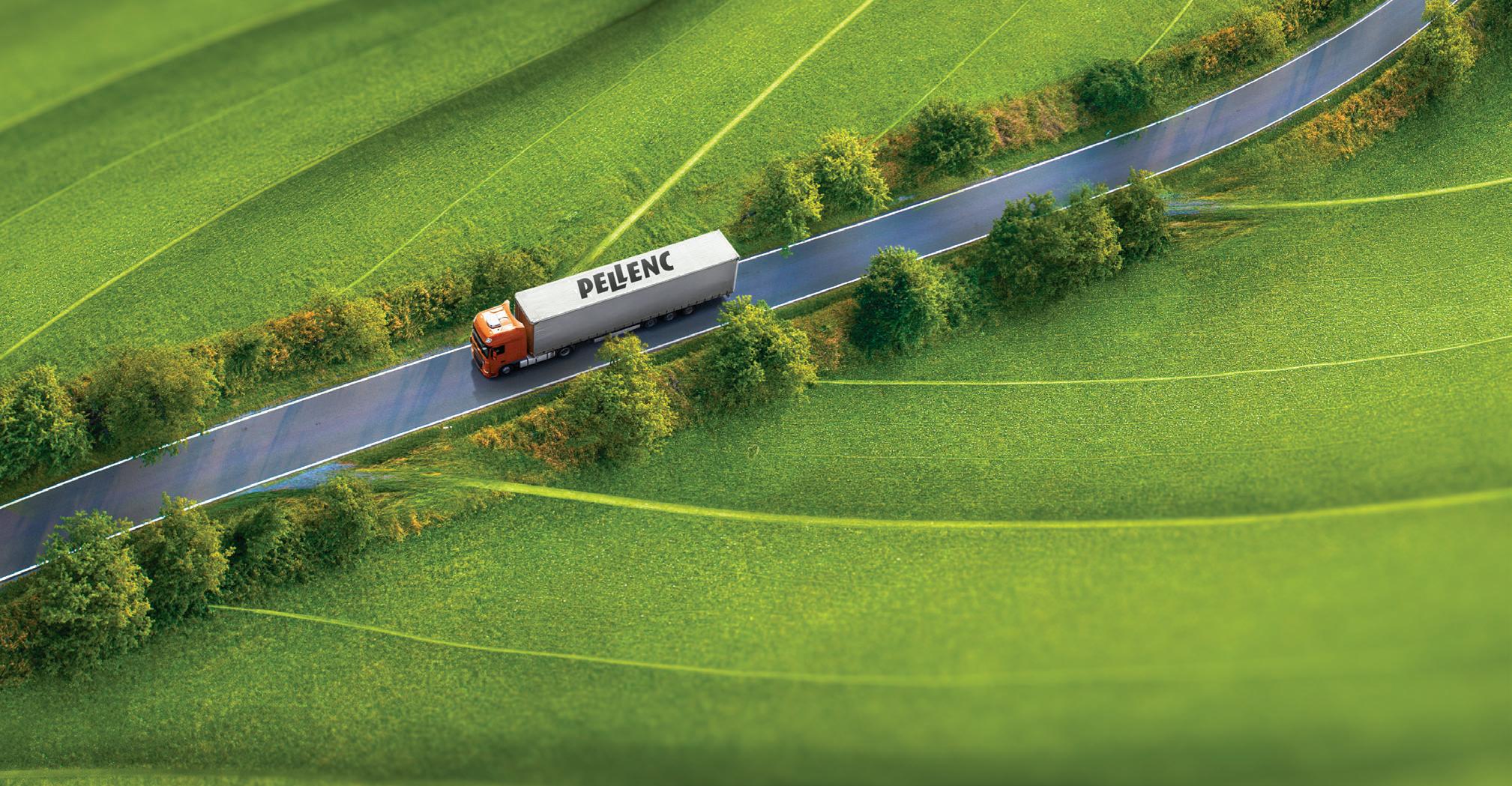
1 minute read
SUSTAINABLE DEVELOPMENT
PROCESSES AND SUPPLY CHAIN INCORPORATING THE IDEA OF SUSTAINABLE DEVELOPMENT
Consistent with its environmental policy, PELLENC is implementing manufacturing processes which optimise this concept of sustainable development, in particular by incorporating them into the supply chain and logistics optimisation policies.
REDUCING AND OPTIMISING PACKAGING
The PELLENC group has deployed a supply-chain policy aimed at cutting the quantity, volume and weight of packaging, in order to optimise the transport of goods and thus limit the environmental impact in terms of fuel consumption and greenhouse gas emissions. This policy also helps limit the direct impact of packaging on the environment (waste output). Individual packaging has been removed in favour of “bulk” wrapping for small, high-consumption supplies (screws and fittings, seals, etc.). This is also the case for medium-sized parts, which are not fragile, and are simply film-wrapped.
OPTIMISING LOGISTICAL FLOWS
From the design stage, PELLENC incorporates the dimensional constraints associated with transporting its machines, equipment and tools to make them as compact as possible, thus optimising transport volumes. The group has invested in specialist software that maximises pallet capacity according to the destination, domestic and overseas, and takes internal (production) and external (distribution) flows into account. That software also calculates the optimal route for trucks to reach their delivery points. Together with improved packaging (bulk, skin pack, etc.), this has cut transport costs by 30% and reduced the associated environmental impact. Finally, PELLENC favours maritime groupage in order to charter containers more efficiently. This cooperative transport service with other companies enables optimum filling of containers, and thus limits the number of shipments.









